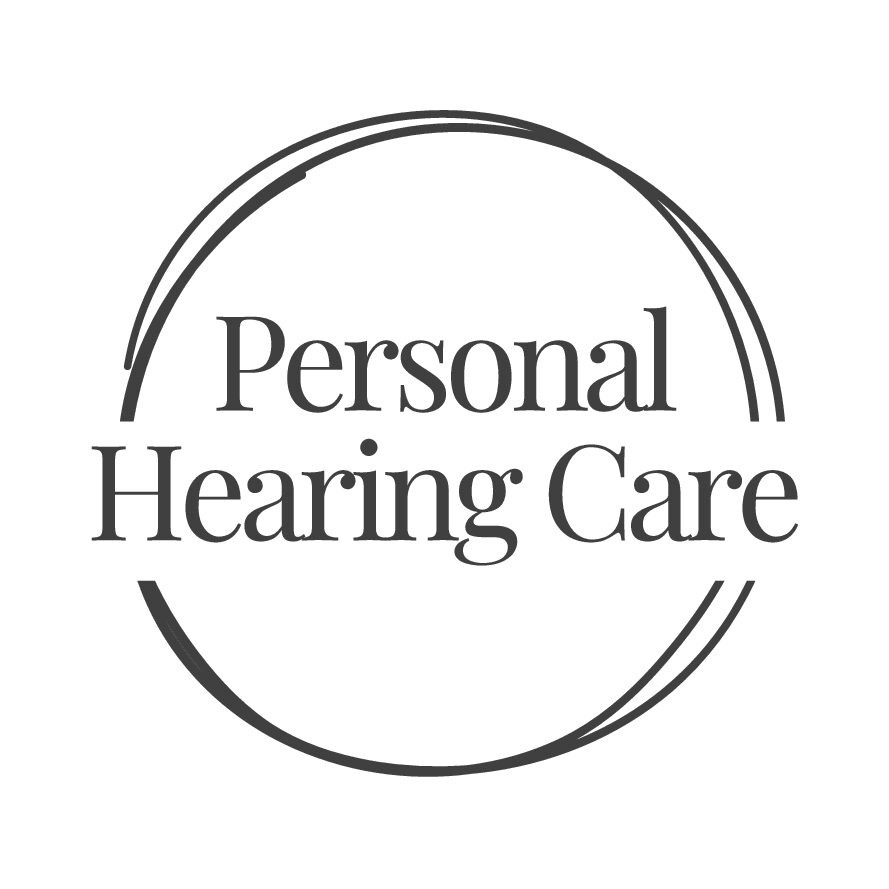As the year begins, many people commit to improving their health through exercise. While most focus on the obvious benefits of physical activity: weight loss, heart health, and increased energy, few realize that exercise can also improve hearing health. Engaging in regular exercise supports the body in ways that go beyond what meets the eye.
Staying physically active is more than just a boost for muscles and bones; it also helps keep the auditory system in shape. Let’s take a look at how exercise impacts hearing health and why making it a priority can help reduce the risk of hearing loss.
Increased Blood Circulation to the Ears
When exercising, the heart pumps blood more efficiently throughout the body, including the ears. The inner ear relies on a healthy blood supply to function properly. The cochlea, a small but vital part of the ear, is responsible for translating sound vibrations into nerve impulses. Without proper blood flow, it cannot perform at its best, potentially leading to hearing issues.
Aerobic exercises such as walking, swimming, and cycling can increase circulation, which in turn supports the health of your auditory system. Improved blood flow helps keep the cells in the inner ear nourished and functioning well, reducing the likelihood of hearing problems over time.
Lowered Stress and Anxiety
Exercise is not only great for the body, but it’s also a powerful tool for the mind. Physical activity has been shown to reduce stress and anxiety, which are both factors that can negatively affect hearing health. High levels of stress can cause a temporary condition known as stress-induced hearing loss, and anxiety may increase the risk of tinnitus (ringing in the ears).
Incorporating exercise into daily routines helps release endorphins, which are the body’s natural mood boosters. These hormones help combat stress and improve mental health, indirectly supporting hearing health by keeping stress-related conditions at bay.
Strengthened Balance and Coordination
Certain exercises, particularly those that focus on balance and coordination, play a critical role in preventing falls and injuries that can affect hearing. The ears are not just important for hearing; they are also key to maintaining balance. Physical activities like yoga, tai chi, or balance training can strengthen the body’s ability to stay steady and reduce the risk of falls that might damage the inner ear.
Improving coordination not only supports overall physical well-being but also safeguards hearing by ensuring that the inner ear remains intact and functional.
Regular Hearing Health Exams
While exercise offers many benefits for hearing health, it is still essential to keep up with regular hearing health exams. Staying proactive in monitoring hearing through periodic checks ensures any changes are caught early. Combining a healthy, active lifestyle with routine exams can help prevent or address hearing loss before it becomes more serious.
Many people don’t think to schedule a hearing health exam until they notice issues, but making this a part of an annual health routine is a great way to stay ahead of potential problems. Preventive care, combined with the positive effects of exercise, makes a powerful duo for long-term hearing health.
Consistency is Key
Starting the year with an exercise routine is an excellent way to set the stage for better health, but consistency is what truly matters. Engaging in regular physical activity, even in small amounts, can have long-lasting effects on both physical and auditory well-being. Small habits like taking daily walks or incorporating balance exercises into a routine can add up over time.
Making exercise a priority benefits hearing health and contributes to a healthier, happier lifestyle overall. Every little step counts when it comes to preserving both general health and the ability to hear clearly.

